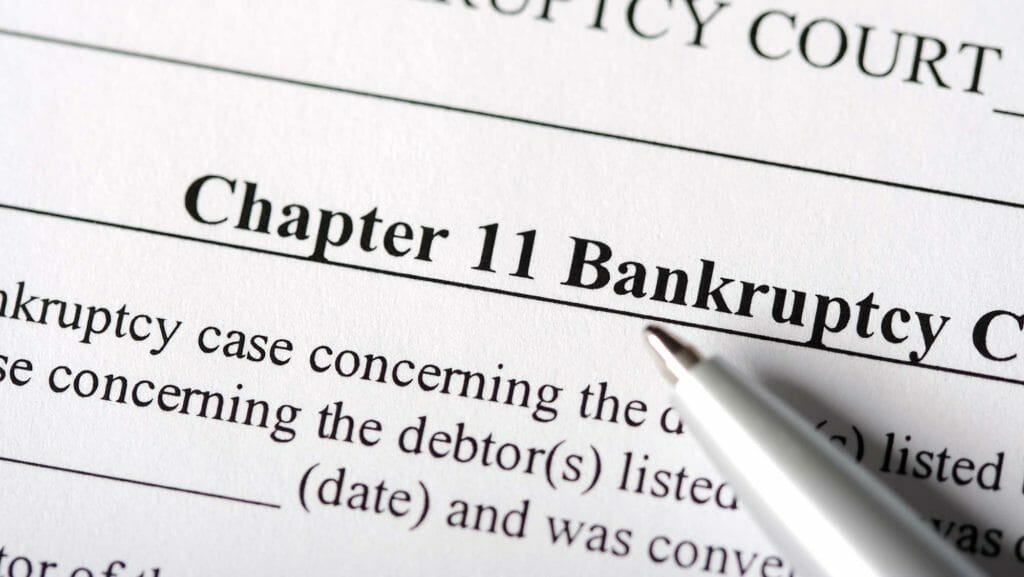
Sen. Robert Menendez (D-NJ) is circulating a letter among his colleagues on the Senate Appropriations Subcommittee on Transportation, Housing and Urban Development urging support for an investment in Department of Housing and Urban Development affordable senior housing programs.
A “robust” investment in affordable housing for low-income older adults is “vital” for nonprofit housing providers facing increased costs, he said.
Specifically, Menendez is seeking support for and an investment of $600 million for approximately 6,200 new Section 202 Supportive Housing for the Elderly homes, an additional $253 million to fund 20,000 Older Adult Special Purpose Housing Choice Vouchers, and additional funding to fully renew Section 811 project-based rental assistance contracts.
All three of those initiatives are among LeadingAge’s affordable senior housing priorities.
“Section 202 provides a sensible and necessary approach to meeting our nation’s growing affordable housing needs for seniors, and it is the only federally funded program expressly aimed at doing so,” the letter reads.
By leveraging other funding sources, combining affordable housing with access to supportive services, and focusing on the most vulnerable segments of the population, the Section 202 and voucher programs can help more older adults live independently, Menendez said.
Older adults are the fastest-growing age group of people experiencing homelessness, comprising almost half of the homeless population. HUD’s most recent Worst Case Housing Needs Report stated that more than 2.35 million very low-income elderly households are paying more than 50% of their income in rent, an increase of more than 1.35 million older adult households since 1999.
To date, Section 202 has helped create almost 400,000 homes for low-income older adults, according to the letter.
“We believe that continued investment in low-income affordable housing for older adults is both cost-effective and critical to ensuring seniors can live in supportive, decent and affordable housing,” the letter reads. “Federal investments in affordable housing for the nation’s most vulnerable holds promise for significantly reducing Medicaid and Medicare costs, while also providing low-income older adults the opportunity to age in community and persons with disabilities the opportunity to live in the most terraced setting possible.”



